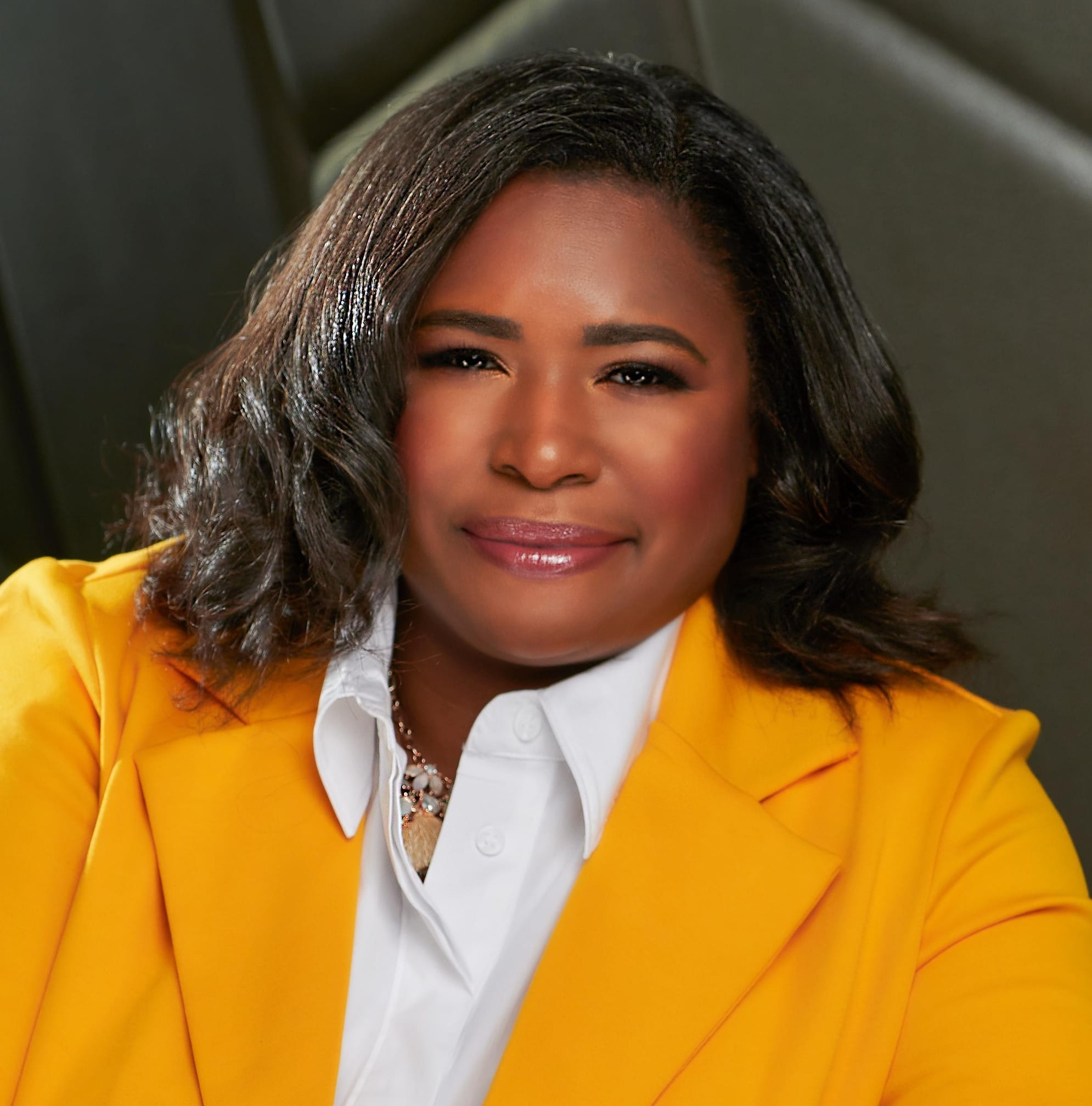A Perspective on Financial Empowerment: Q&A with Kat Traylor

Kat Traylor is a political strategist through her firm, Kat Strategy. She is an advocate for criminal justice reform and reforming police involvement in Black and brown communities in Aurora.
We asked her about her what she has learned from the experiences with financial system disparities in the Aurora communities she has worked with.
Tell me about the communities you’re working in. Why did you decide to promote and work on financial empowerment?
Our focus has been within Aurora’s marginalized communities. Many of our conversations have been with African-American women. What I found fascinating about this group was the vastly different life experiences, including geographic and social economics, but how they still have similar experiences and trauma surrounding financial stability.
What is a common misconception about financial empowerment work?
The most common to date is this work is similar or identical to financial counseling. While several programs cater to counseling, it still leaves many communities underserved.
What are some of the biggest barriers you’re seeing right now to financial security and empowerment?
One of the largest challenges facing our marginalized communities is the ability to gain access to vital information while creating safe and affordable banking products. During our outreach work, we discovered many people are aware of predatory products, but without healthy alternatives, many are still forced to use products.
You refer to the fact people still have to take out predatory loans because they don’t have other alternatives. Do you have any examples of what those alternatives could look like?
Some of the larger conversations we’ve been having included loans that are structured by actual banks that don’t have predatory means attached, which would still have higher rates, since the risk is higher, but not with all the fees attached. Giving people access to bank loans would be ideal.
How has your perspective shifted on issues related to financial empowerment since you began having conversations with the people you’ve been meeting with?
The thing that changed for me was the problem was much more widespread than I originally thought. I thought, coming in, this was an issue that mostly affected the Black community, because that’s what I most have access to. I’ve learned this is a poor people’s issue and not necessarily a Black, brown, or white issue. I learned about intersectionality. Some of the stories we’re getting aren’t just coming from Black and brown folks… they’re coming from white folks who have been dealing with the same struggles I thought were mostly going to be geared toward Black people.
